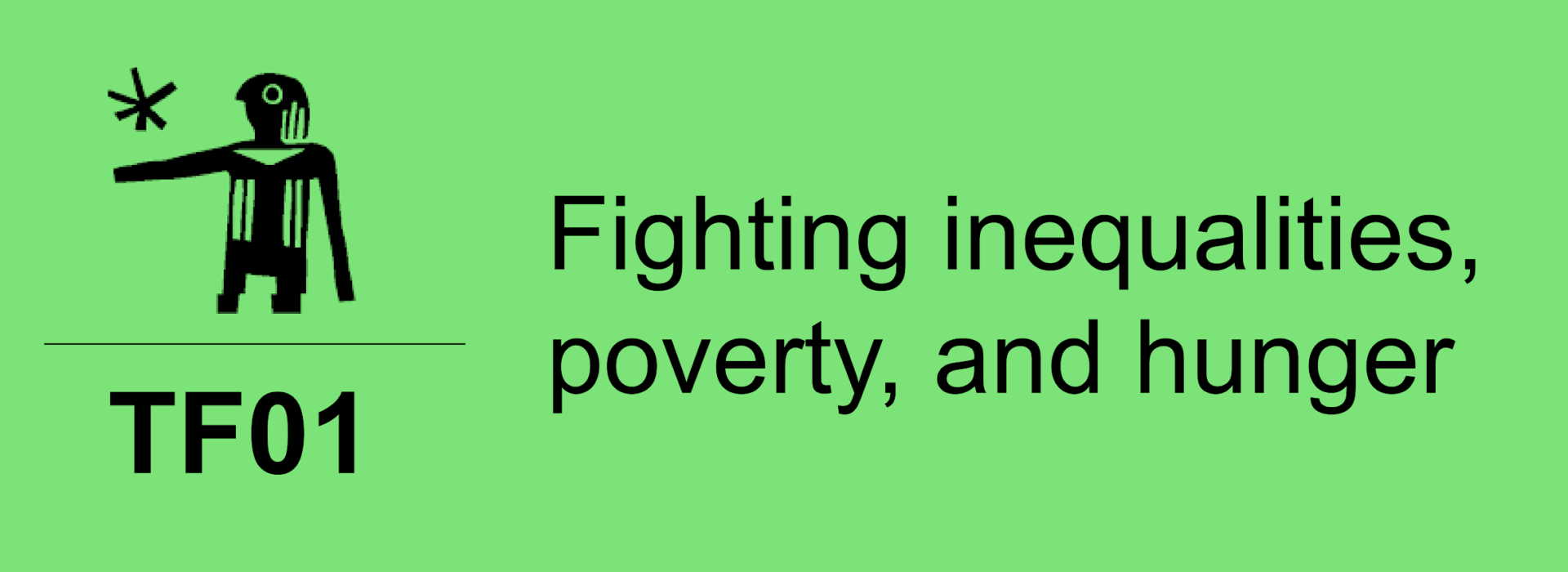Women in Brazil and South Africa perform the majority of the unpaid care work. In addition to this disparity, the interaction between women’s unpaid care work and unemployment in an economic crisis increases the risk of gender-based violence. Despite G20 guidance in 2023, a significant gap remains in implementing an essential, comprehensive, intersectional approach to combat gender-based violence and promote inclusive systems in the Global South. In the context of economic policies such as austerity and underfunding, this policy brief has explored the nexus between care and GBYV and explored case studies from South Africa and Brazil to draw policy proposals. Among the actionable policy recommendations to curb GBV and enhance care as a solution are the following: 1. Employment focused public works programmes for unemployed women. 2. Universal basic income for low-income unemployed women. 3. Investments in research collecting intersectional disaggregated data to inform policies in South Africa and Brazil. 4. Establishment and commitment to Gender Responsive Budgeting Frameworks for national budgeting processes.
Register for Updates
Would you like to receive updates on the Global Solutions Initiative, upcoming events, G7 and G20-related developments and the future of multilateralism? Then subscribe here!
1 You hereby agree that the personal data provided may be used for the purpose of updates on the Global Solutions Initiative by the Global Solutions Initiative Foundation gemeinnützige GmbH. Your consent is revocable at any time (by e-mail to contact@global-solutions-initiative.org or to the contact data given in the imprint). The update is sent in accordance with the privacy policy and to advertise the Global Solutions Initiative’s own products and services.









